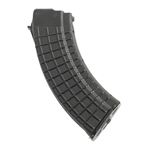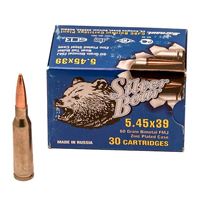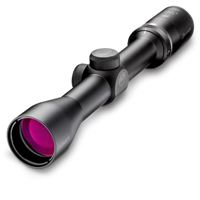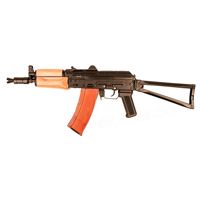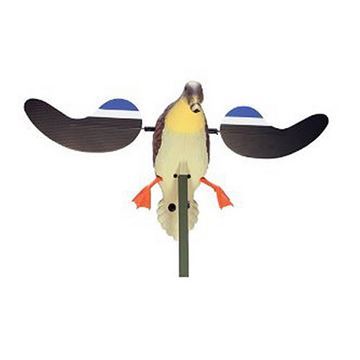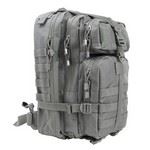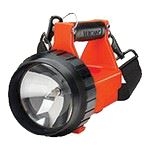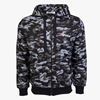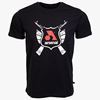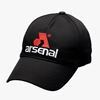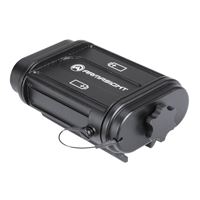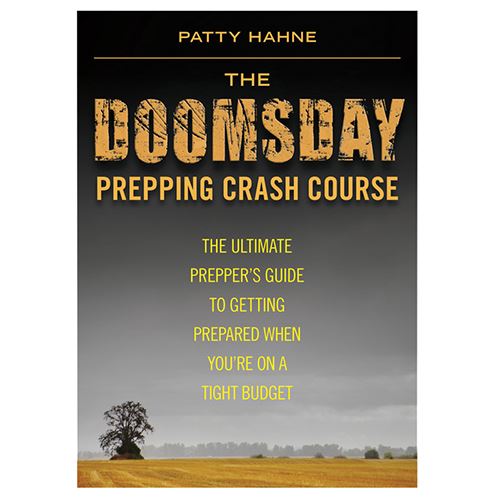For years, most of us have counseled concealed carry handgun carriers to choose a proper holster. A holster keeps the handgun stable and angled for the proper draw. Just the same, who am I to go against 200 years or more of holsterless tradition? After all, Wild Bill Hickock packed his revolvers in a tightly-woven sash.
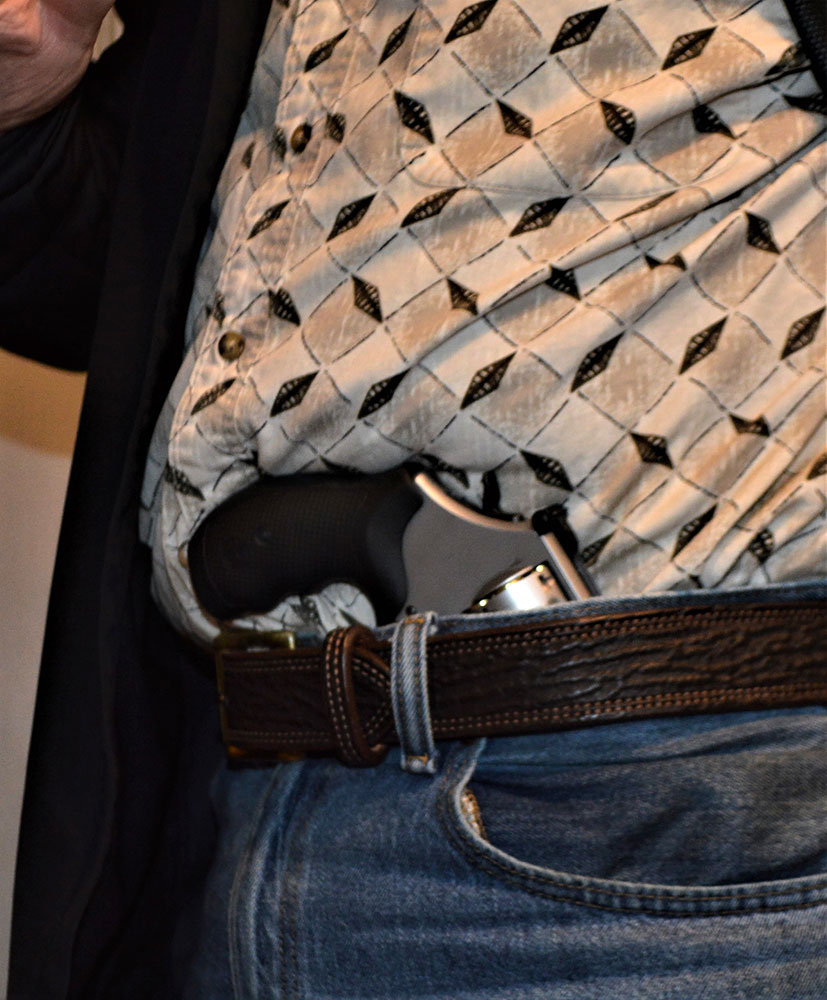
Few early holsters were suitable for concealed carry. Even today, many folks like pocket carry. I will leave that for another time. Many of us like to shove a handgun in the belt for a quick run to the store or for more casual carry. Among my friends who are retired cops, the trend seems to be toward such carry. That’s fine, as long as they know what they are doing.
The handgun must be tightly sandwiched in between the belt and the body and reasonably secure, and not likely to be dislodged. I am not recommending concealed carry with no holster, far from it. I am also a realist and feel that this common practice should be discussed.
Sam Colt designed pocket, belt, and holster guns. Each was a different size, for different needs. They generally ran .31, .36, and .44 caliber. Today, we have sub-compact-, compact-, and service-size pistols. Some are less suited for concealed carry than others. As an example, I usually carry a Commander .45. I may carry a Government Model .45. I have learned—after much experimentation—that rail guns can be tricky on the draw. The Springfield Operator seems the best of the bunch when coupled with the Galco N3 holster, and a sharp draw isn’t difficult. Sometimes this isn’t true with other designs.
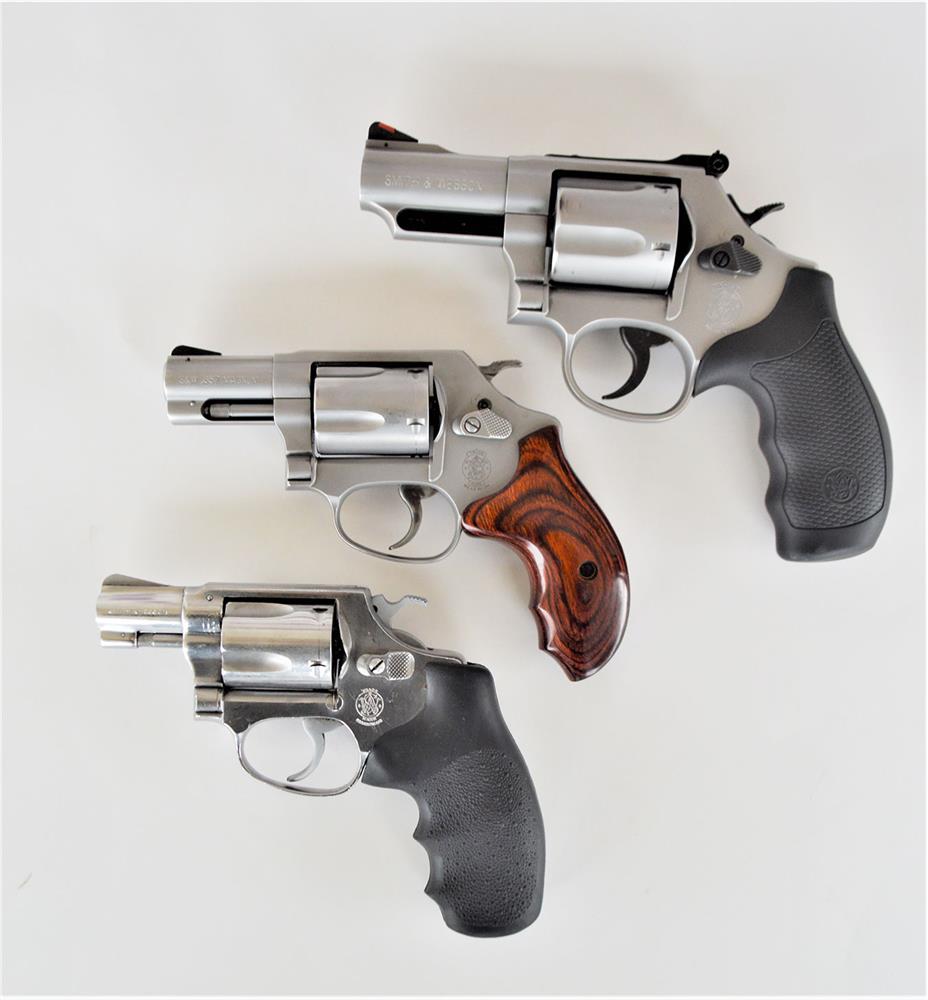
If you are going to carry the 1911 in the waistband, then the casual outlook probably doesn’t include a rail for mounting a combat light. The rail may snag on clothing. It is important to practice the draw. It is obvious that carrying the pistol cocked and locked isn’t the best idea if the handgun isn’t carried in a holster. The 1911 may reasonably be carried hammer down in relative safety, if the pistol features a firing pin block or extra-strength firing pin spring, as most all modern 1911s do.
The problem is cocking the hammer on the draw. It isn’t that difficult with the modern Government Model with a spur hammer. Some practice needs to go into this draw and making the pistol ready. It is slower than cocked and locked carry. However, it is faster than carrying with an empty chamber.
If you are carrying a self-loading handgun with an empty chamber, you really need to be carrying a revolver! When it comes to other single action, hammered self-loaders, we have a mixed bunch. I am not exactly a snowflake, but I find the hammer of the Browning High Power 9mm very difficult to cock on the draw. The hammer is powered by a very heavy spring. The High Power will certainly crack most any primer, which is the design intent, but that hammer renders the High Power much less desirable for holsterless carry. I must use two hands to rack the High Power.
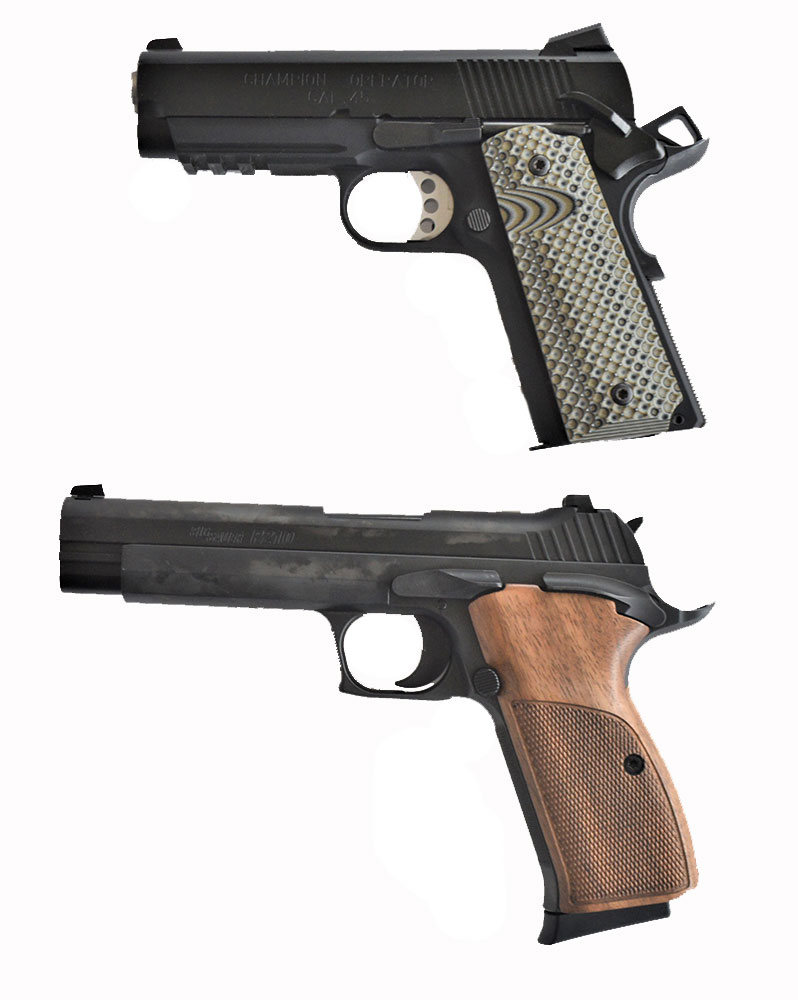
The CZ 75 is another matter. This piece is snub against the body, nearly perfect for carrying in the waistband. While the CZ is a double action, first-shot pistol, it is pretty easy to cock the hammer on the draw.
I am very much enjoying the SIG P210A. This is a wonderfully accurate and very well-made single-action handgun. I find cocking the hammer on the draw quite easy. I don’t feel comfortable carrying any striker-fired handgun thrust in the waistband. Neither should you. Some self-loaders don’t work well based on design. Among my favorite light handguns is the Bond Arms Bullpup 9. The Bullpup 9 is a great shooter, and its double-action-only trigger makes it a safe enough pistol to pack without a holster. The problem is the super compact geometry. The piece just doesn’t fit and balance well in the waistband.
For the most part revolvers do not work nearly as well in the waistband without a holster. The snubnose .38, among the most trusted defensive handguns, is too short and squirms in the waistband. A three-inch barrel version is a bit better. I sometimes carry the Model 69 2.75-inch barrel Combat Magnum .44 in the front, to the right of the belt buckle, and it is okay for a casual walk.
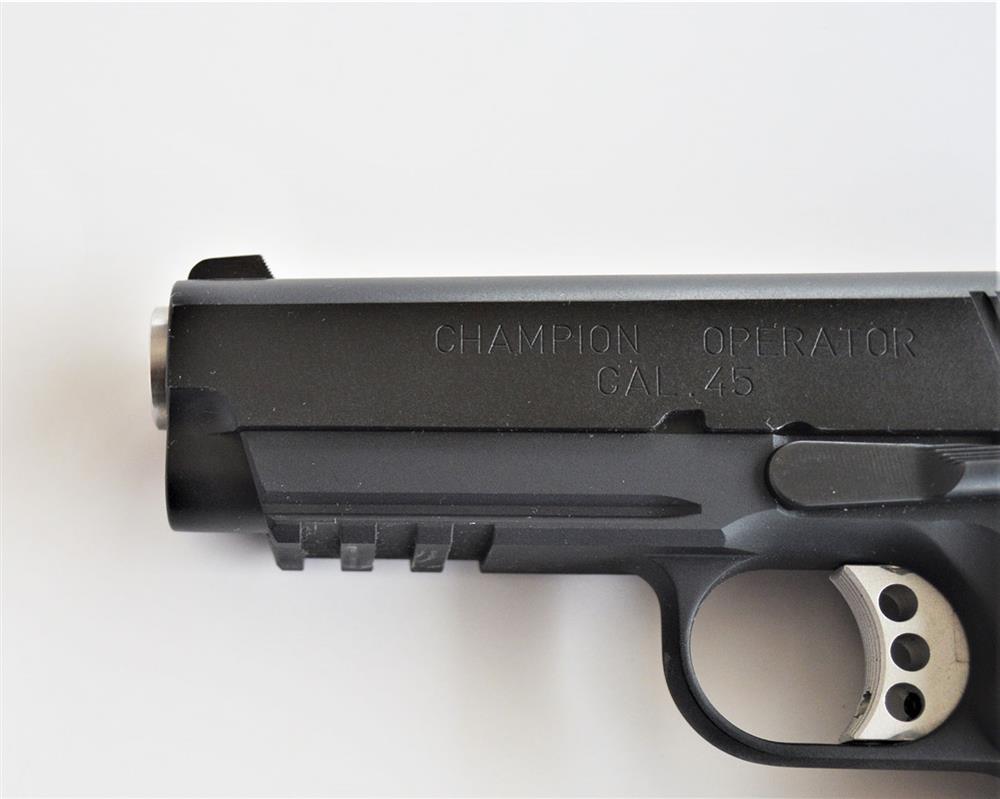
The absolute best-balanced revolvers, for casual, in the waistband carry are the plow handled Single Action Army types. This is among the reasons so many lawmen kept the SAA long past its prime, it is simply well balanced and fast handling. A 4.75-inch barrel SAA is about as compact as most double action .357 revolver and balances well if worn in the front and tucked into the waistband.
If you are worried about the revolver slipping into the pants, open the loading gate. (Crossdraw in the waistband works well as also.) As you draw close the loading gate.
I think there are times when holsterless carry works well. It isn’t ideal, but then all types of concealed carry are a compromise.


